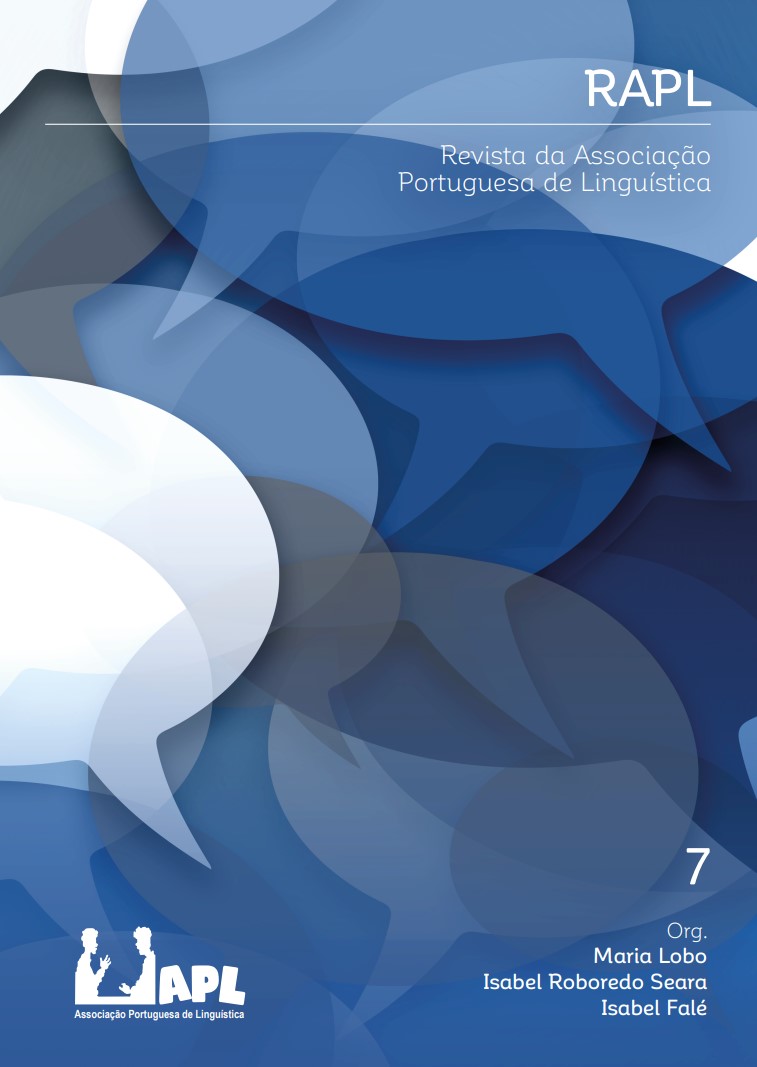Language attrition in Portuguese-Umbundu bilingual acquisition: evidences from plural marking
DOI:
https://doi.org/10.26334/2183-9077/rapln7ano2020a5Keywords:
bilingualism, language attrition, plural marking, Portuguese, UmbunduAbstract
The present study assesses the linguistic development of Portuguese-Umbundu bilingual speakers in Angola by focusing on the production of plural forms. In particular, we analyse if changes in the degree of language exposure, after entering into the school, favor the occurrence of attrition in Umbundu, the home language, in parallel to the development of Portuguese, the dominant school language. A group of 28 bilingual students (14 3rd grade primary school students and 14 teenagers attending the 9th grade) and 28 age-matched monolingual speakers of Portuguese participated in a picture-based oral production elicitation task. The results show that the 3rd grade students have more difficulties in producing the plural in Portuguese, especially in situations where they have to apply particular rules (e.g. replace -ão with -ões), compared to Umbundu, the language that forms the plural by changing nominal classes. However, older students (9th graders) show more difficulties in forming the plural in Umbundu. Although this is not a longitudinal study, the data suggest that the change in the degree of language exposure, as a consequence of schooling in Portuguese, may have contributed to this inversion, which leads us to infer that the family language is vulnerable to attrition effects.
Downloads
Downloads
Published
How to Cite
Issue
Section
License
Copyright (c) 2020 Bernardino Valente Calossa, Cristina Flores

This work is licensed under a Creative Commons Attribution-NonCommercial-ShareAlike 4.0 International License.
Authors retain copyright and concede to the journal the right of first publication. The articles are simultaneously licensed under the Creative Commons Attribution License, which allows sharing of the work with an acknowledgement of authorship and initial publication in this journal.
The authors have permission to make the version of the text published in RAPL available in institutional repositories or other platforms for the distribution of academic papers (e.g., ResearchGate).




